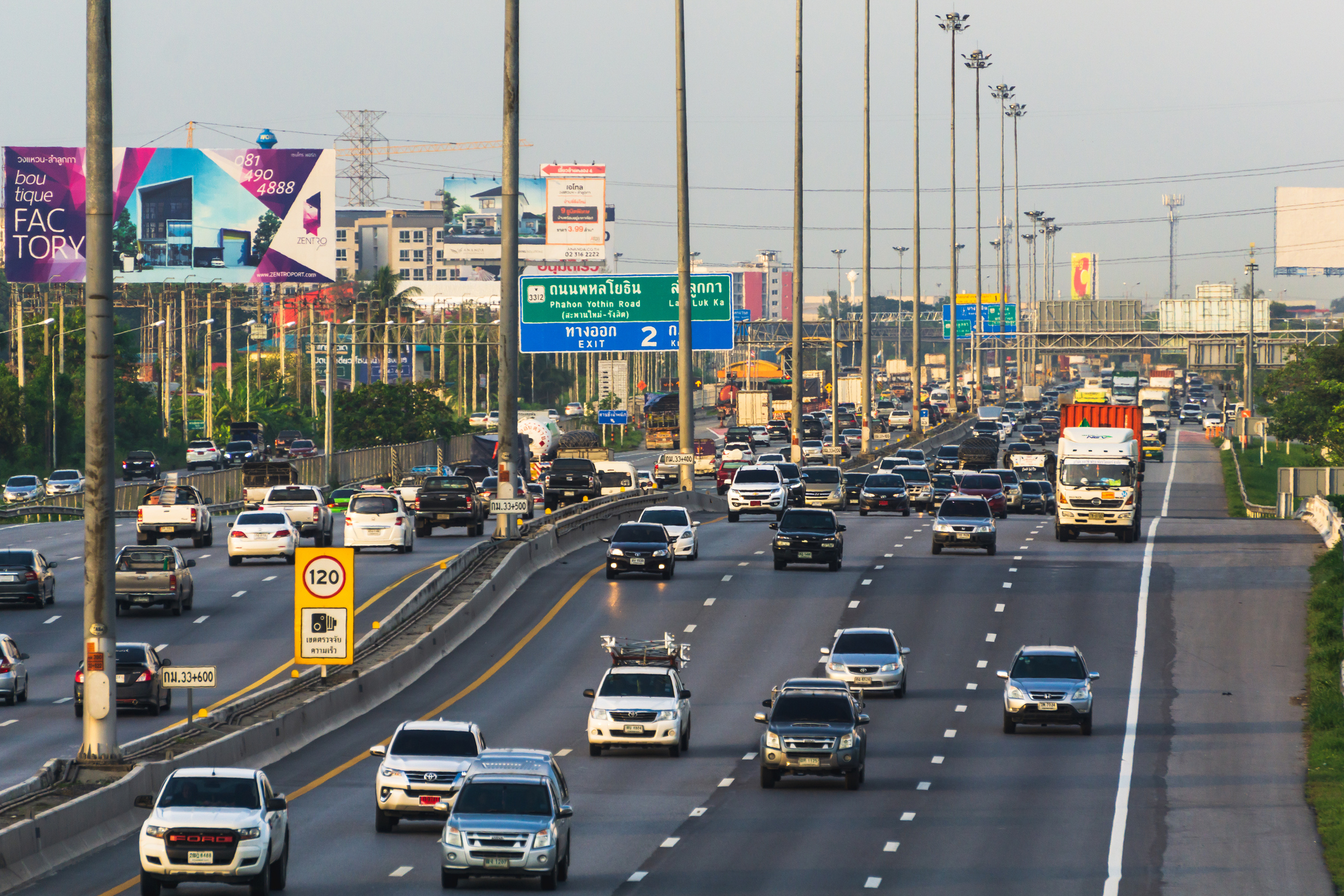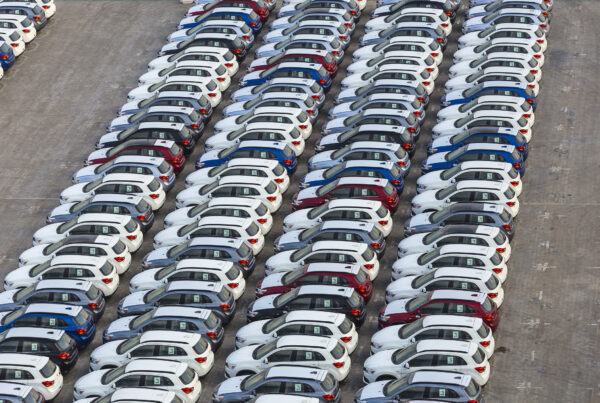Sales and production decline continued for Thailand last February. The kingdom’s auto market has now hit a 5-year low.
MARKET STATISTICS
Thailand produced a total of 115,487 vehicles for the month of February and 275,792 units for the period of January to February. Domestic sales amounted to 49,313 units sold, a 6.7 per cent decline on-year. Exports also decreased by 8.3 per cent with only 81,323 vehicles leaving the country to be sold abroad.
“The less negative figures in February are not a sign of recovery yet because the numbers are very negative and rejection rates of autos loans are still high,” said Federation of Thai Industries (FTI) Auto Club Spokesperson Surapong Paisitpattanapong at a press conference.
Toyota’s vehicles dominated the market with nearly half of the top-selling vehicles from their brand. The Hilux topped the list with 6,387 units sold, however, at a 20.8 per cent decrease from sales of last year.
Fellow Japanese car makers Honda and Isuzu join Toyota in the top 10 with their best-selling vehicles. Meanwhile, the Ford Ranger was the only non-Japanese vehicle to be in the top 10.
Majority of these top-selling vehicles all saw declines in sales compared to February of last year. Only the Toyota Yaris Cross saw an improvement on-year, but only by a slight 5.5 per cent.
PICK-UP TRUCK GUARANTEES
The FTI still attributes poor domestic vehicle sales to stricter approvals for vehicle loans, specifically for pick-up trucks. In late March, the Thai government offered its citizens guaranteed loans for pick-up trucks. This effort is meant to boost car sales in the country, a third of which are comprised of pick-up trucks.
“The programme will reduce risk and creative incentives for financial institutions to provide loans,” said Deputy Finance Minister Paopoom Rojanasakul in a statement. The Thai government expects the pick-up truck guarantee program to raise sales by at least 6,000 units.
Thailand has one of the highest rates of household debts in Asia. These debts rose to as much as 16.34 trillion THB (763 billion AUD) and comprise up to 89 per cent of Thailand’s GDP.
Aside from addressing pick-up truck loans, Thailand hopes that investments from Chinese EV makers will boost the sector. BYD recently overthrew Tesla as the kingdom’s best-selling EV brand. Meanwhile, Chinese EV manufacturers are investing heavily into Thailand’s EV sector. The likes of BYD, Great Wall Motors, SAIC Motor, and Hozon New Energy Automobile (NETA), GAC Aion, and Chongqing Changan Automobile have pursued deals with local Thai organisations or set up their own plants in the country. On the other hand, Japanese auto giant Mazda is set to invest 5 billion THB (234 million AUD) into its first overseas EV plant in Thailand.
Though the presence of EV makers is welcome, Spokesperson Surapong attributed declining exports to tight competition brought by them.
Plug-in electric vehicles (PHEV) tax incentives and a trade-in scheme for vehicles are among additional plans to improve the current state of the auto sector. The PHEV tax incentives are still pending approval. Meanwhile, the trade-in scheme is still in discussion among car makers and government officials.
Last week, US President Donald Trump announced a 25 per cent tariff on all vehicles manufactured outside of the US. This announcement shook the likes of Europe, Japan, South Korea, and of course, Thailand.
Did you find this article informative? Leave us a like to let us know!













